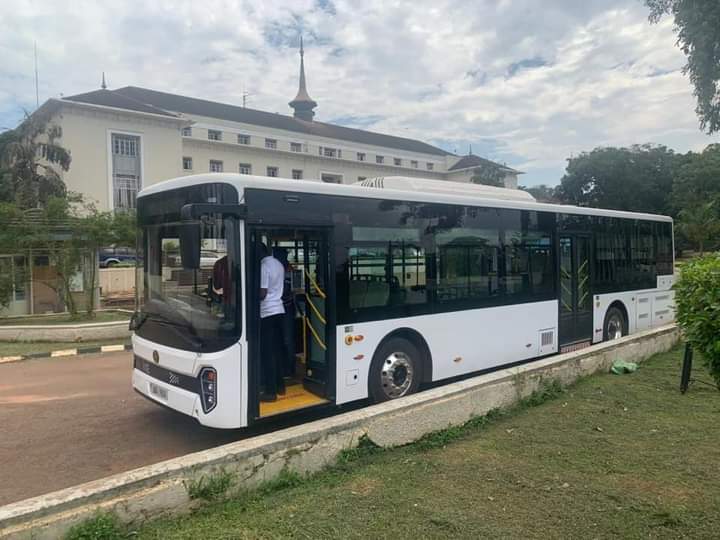The Uganda National Roads Authority (UNRA) was on a roll last week issuing contracts totalling almost Shs500 billion. They have been doing this for a while only that this time, two major contracts will see the upgrade of two major roads in greater Kampala.
The Kira-Kasangati-Matugga road through Buwaate and the Busabaala road have been some of the most talked about roads in Kampala given the state in which they are causing untold suffering to residents and road users. I like using the Kira-Kasangati-Matugga road whenever I am going to the northern region as it shortens the journey since I could easily avoid the traffic nightmare in Bwaise and Kawempe. Some roads in Masaka town (or is it city) that are going to be worked on had become impassable.
Recently, I heard that construction commenced on the Mpigi Expressway, which will connect to the Entebbe Expressway and the Northern Bypass. When these projects are complete, they will help in a way to decongest the city and open up areas that are today considered too far for city workers to commute.
Mpigi is 40km away, a distance shorter than Kampala to Entebbe Entebbe International Airport but to get there is a hustle. The traffic jam from Nsangi to Busega is for those who have academic qualifications in patience. With the Entebbe Expressway, once you get on the Northern Bypass after Kalerwe, you are at the airport in a matter of minutes. The Kira-Kasangati-Matugga road will make it easier for people to live towards Kapeeka and Bombo while commuting to their workplaces in Namanve or Kampala.
These new roads will make housing cheaper as the cost of land is affordable; the further one goes away from Kampala. Buganda Kingdom is already planning a massive affordable housing estate in Mayembegente near Mpigi town. Other investors could start similar projects in areas like Bombo or Luweero.
However, the construction of these roads alone won’t make people move into greater Kampala where housing will be much more affordable due to the cost of transport. Kampala’s public and/or mass transport is unreliable and costly. Taxis charge different rates at different times of the day. They are unreliable too. Many people who work in Kampala prefer to live in squalor conditions as long as they are within walking distance to their workplaces.
Just stand at Clock Tower or follow Kampala’s railway line in the morning and evening as people either go to work or retire to their homes. The salaries they earn can’t enable them to afford motorised transport hence preferring to walk.
When people live in squalor conditions as many Kampala dwellers do, the country spends enormous amounts of money on them in terms of health as many fall sick routinely. The economy loses many working hours as people are sick. In Uganda, when one person falls ill, many other people don’t work — the wife takes leave to attend to a sick husband or child. Sometimes the mother or grandmother also joins in. It is not uncommon to find five relatives looking after one ill person.
Even though our country’s population is one of the fastest-growing in the world, there is still a lot of land in greater Kampala, which is affordable where people could live in better conditions. The challenge is transport for people to get to work in the city.
The government needs to start planning for affordable and reliable public mass transport so people can live 40km away and still spend a small amount of their monthly earnings on transportation. I believe many people would be delighted to live in a better environment in Mpigi or Bombo than in a slum in Makerere or Makindye if it wasn’t for transport costs. So as we embark on these roads around greater Kampala, we should think of affordable and reliable mass public transport. We can’t leave this just to the private sector.
Kiira Motors is already making electric buses that carry 90 passengers. Deploying them on these roads would be smart for the government as it would significantly reduce the cost of living and doing business in Kampala and other cities. The number of people falling sick would also reduce thereby reducing public expenditure on health.
The writer is a Communication and Visibility Consultant. djjuuko@gmail.com
Do you have a story in your community or an opinion to share with us: Email us at editorial@watchdoguganda.com












